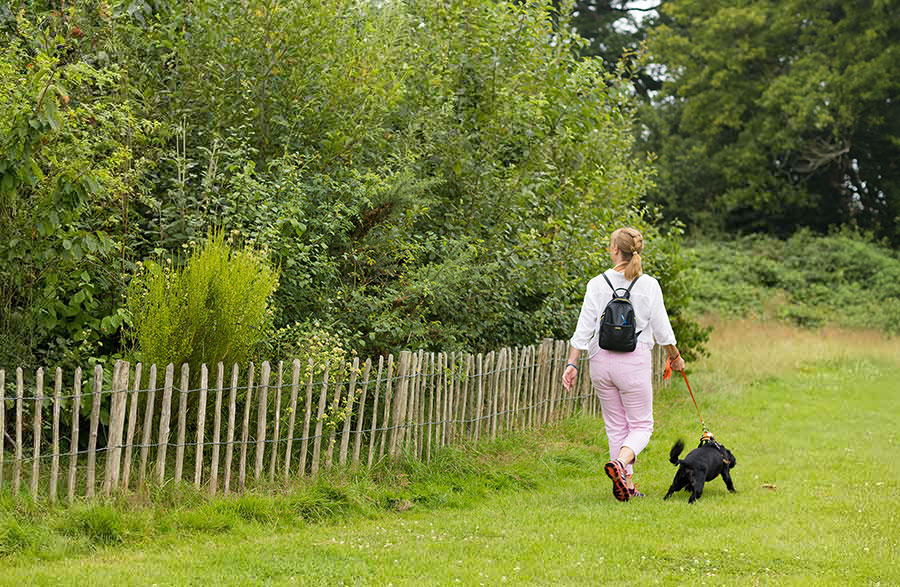Trees Outside Woodland project

Locally and nationally, ambitious targets have been set to establish millions of trees in response the climate and biodiversity emergencies.
The Trees Outside Woodland project is a £4.8m, five year programme funded by the Government’s Share Outcomes Fund.
To deliver this project, we are working in partnership with:
- The Tree Council
- Natural England
- Department for Environment, Food and Rural Affairs
- Cornwall Council
- Norfolk County Council
- Shropshire County Council
- Chichester District Council.
The programme seeks to identify cost-effective methods which could be adopted by local authorities to increase non-woodland tree canopy cover in England.
Trees Outside Woodland are the trees you come across most often; trees in parks, streets, open countryside, car parks, school grounds and those that quietly enhance our food production on farms.
These trees bring a multitude of benefits. They are enjoyed by more people, contribute more to habitat connectivity, and provide more ecosystem services than the same number of trees in a woodland. They are also essential for climate mitigation as they are the trees most likely to cool down cities and slow floodwater on farms.
Read more about the Trees Outside Woodlands project.
Pilot projects in Kent
The pilots are all about testing and experimentation. We hope the findings from the trials will add to existing and evolving research and learning to give us a wider variety of options of where and how to establish trees locally.
We intend for the results of this project to feed directly into local authority knowledge and strategic planning, to help establish more trees in a variety of locations in a cost effective way.
Urban Tree Establishment
Urban trees have huge ecosystem service benefit and social value, being close to people, cooling our cities and nurturing our wellbeing. However, they can be costly and challenging to establish. Therefore, we wanted to test if new tree planting techniques could be cost-effective and yield high survival rates.
Through this pilot we are experimenting with the ‘Miyawaki method’ and natural regenerations in urban settings. We have also been researching the barriers to the expansion of urban tree cover caused by utilities and underground services.
To find out more:

Example of 'miyawaki method' of tree planting.
Free Tree Scheme
We ran a Free Tree Scheme in 2022/23. Through this pilot we are investigating the ongoing survival of trees given away to the public for free.
There are lots of other organisations currently offering support to people looking to plant trees and increase tree coverage. Find information about various opportunities.
Read more about the Free and Subsidised Tree Scheme pilot.
Historic Treescape Grant
We are currently running the Historic Treescape Grant in Dover. This grant provides funding for landowners or community groups to restore historic tree-features by planting trees to replace those lost since the nineteenth century across the Dover district area.
Find out more about the Historic Treescape Grant and check if you are eligible to apply.
Boosting Community Tree Nurseries
This pilot looks into how we can empower the public to grow and establish more trees near them. We have collaborated with the first comprehensive study of how the country’s community tree nurseries work to provide support to establish community tree nurseries and helping commercial nurseries improve their biosecurity.
Read more about the Boosting Community Tree Nurseries pilot.
Alternative Management of Roadside Corridors
This pilot tests tree establishment along the highway, and researches how ‘Sylvan Transport Corridors’ could be achieved.
To find out more about Kent’s pilots, email TreeGrant@kent.gov.uk.